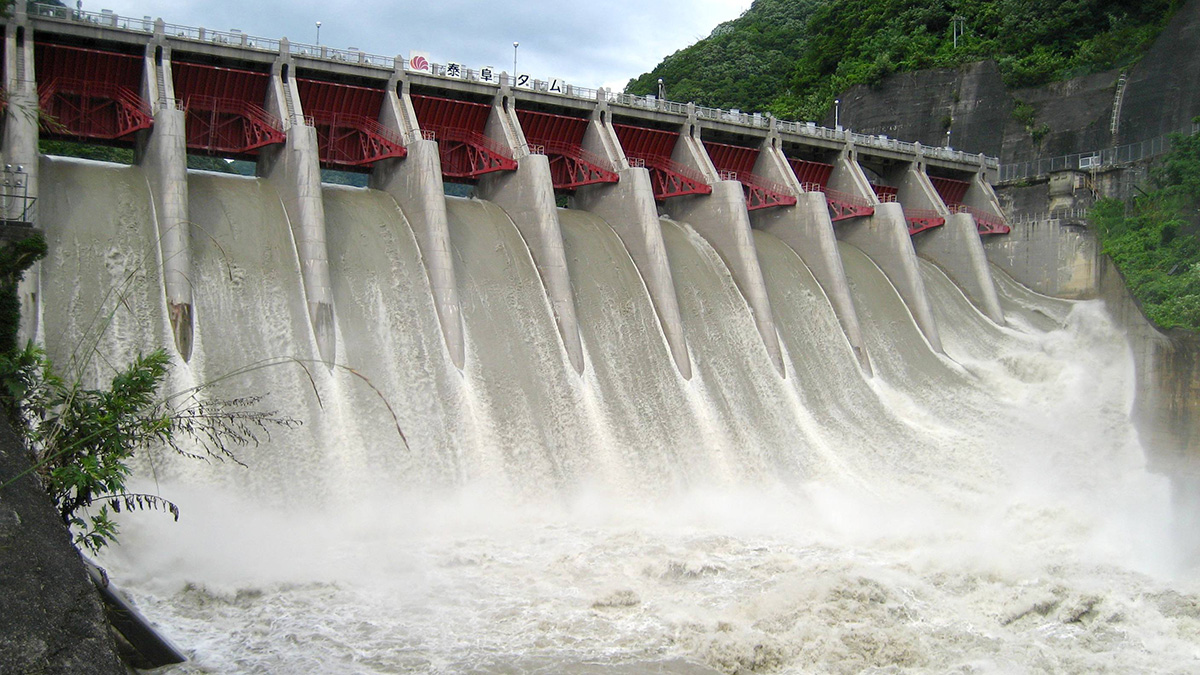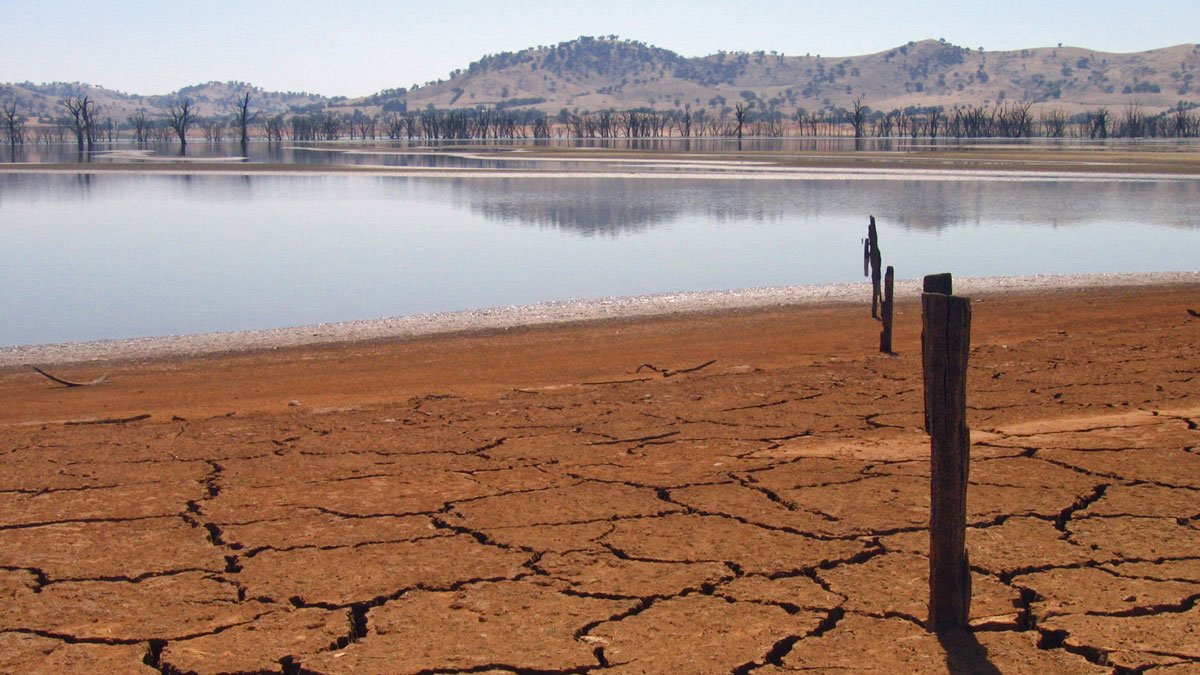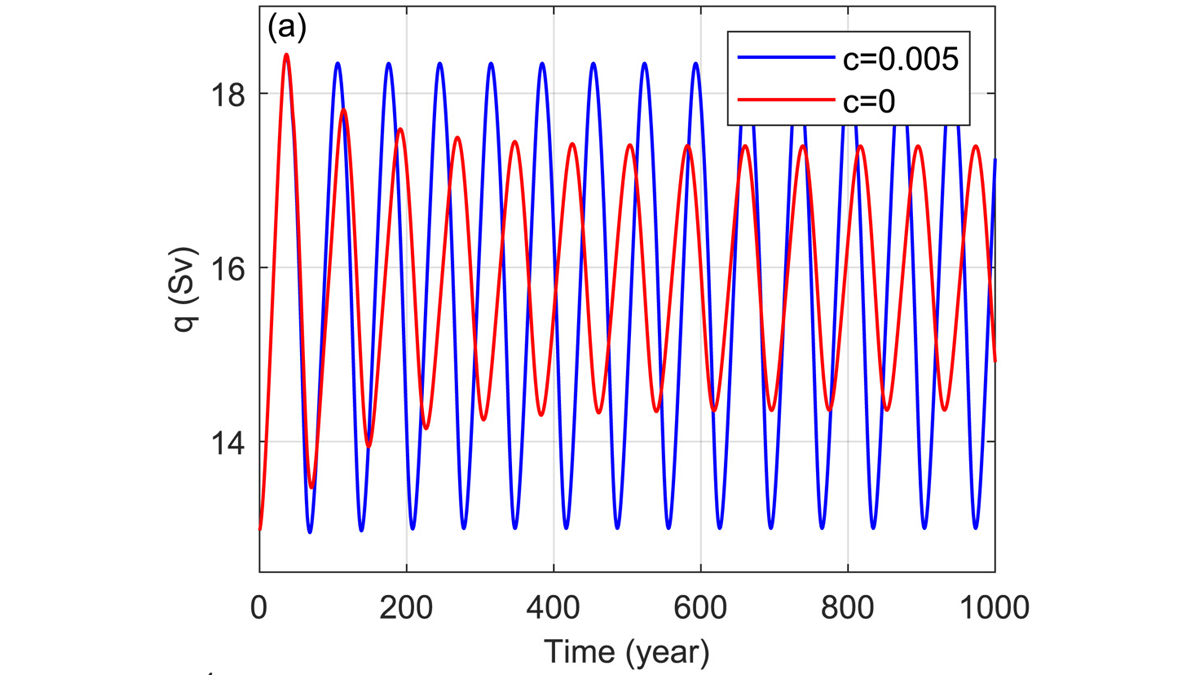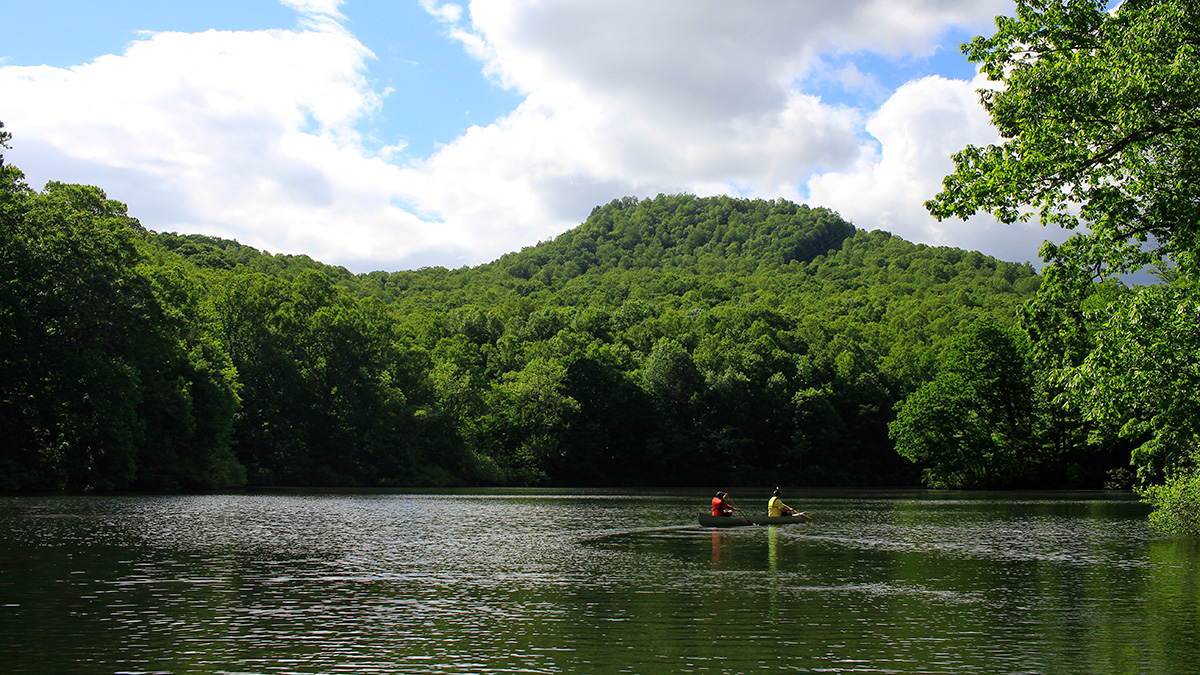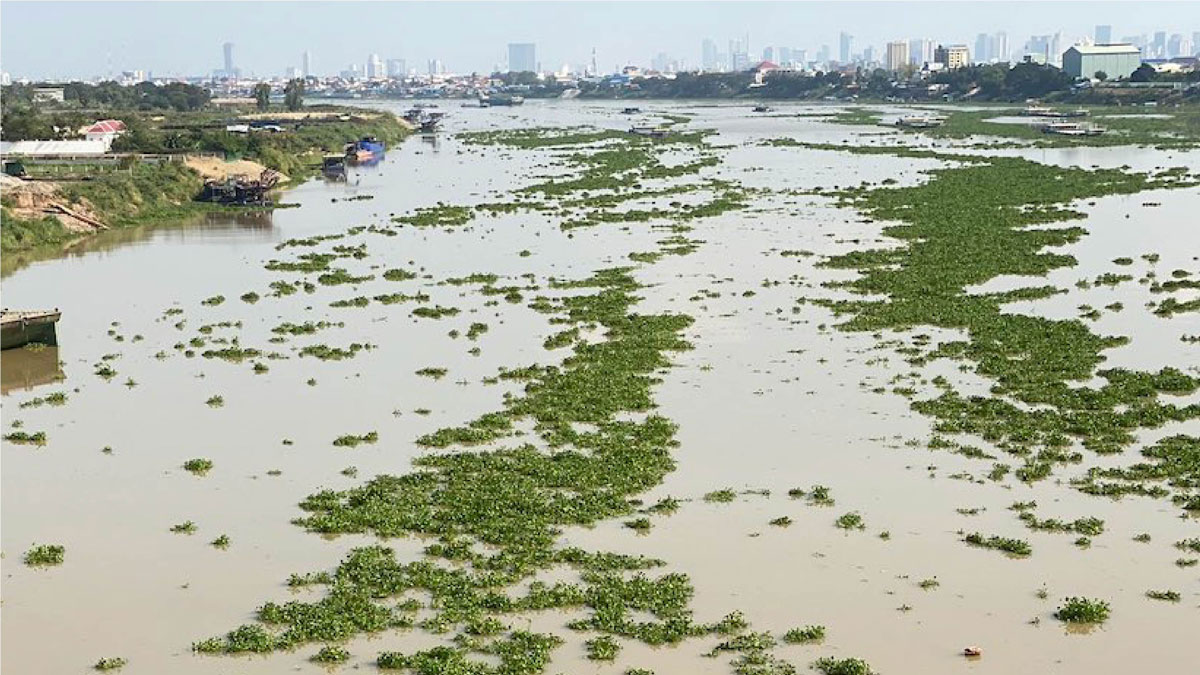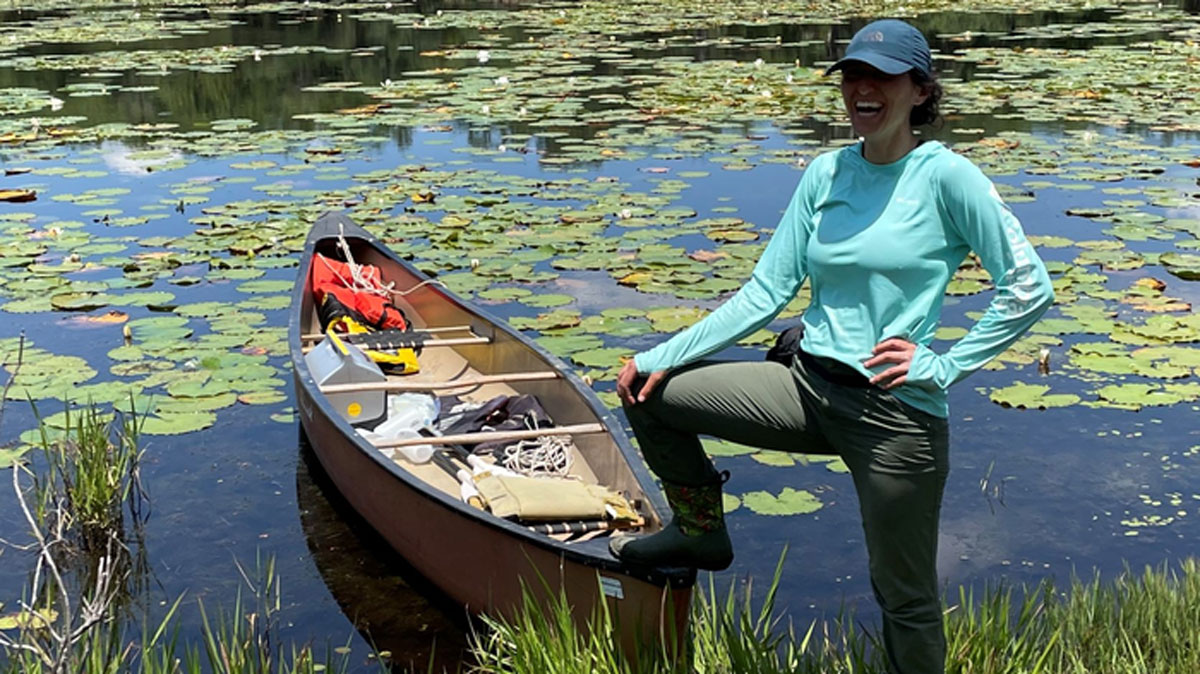Researchers modeled and mapped how eight key aspects of human societies affect hydrological cycles.
freshwater
Protecting the Mountain Water Towers of Spain’s Sierra Nevada
Students and community members monitor the health of mountain water reserves, which capture and release water, evening out wet and dry periods downstream.
Surprise Hydrological Shifts Imperil Water Resources
Mounting evidence suggests the need for improved water planning strategies and revamped hydrological models.
Harmful Algal Blooms: No Good, Just the Bad and the Ugly
Natural and human factors are leading to larger, more frequent, and longer-lasting algae blooms. Recent research is increasingly revealing the scope of the problem and informing potential responses.
Arctic Salinity Pushes the AMOC Swing
A model of the Atlantic Meridional Overturning Circulation (AMOC), pioneered by Henry Stommel over 60 years ago, can exhibit realistic cyclic behavior if the role of Arctic salinity is included.
Deploying Community Water Solutions with People, for People
Guiding principles and strategies for solving local water availability problems in India have emerged from collaborations involving water users, water experts, and water solutions providers.
The Domino Effect of Freshwater Suffocation
As lakes and reservoirs become anoxic, they can promote poor water quality downstream.
Remote Sensing Tracks Down “Plastic Plants” in Rivers
Researchers are using remote sensing to track floating mats of plastic trapped in water hyacinth plants.
Stormwater Ponds Are Carbon Sources, Not Sinks
New research from Florida tracks carbon dioxide and methane emissions from human-created waterways.
Estimating Lake Evaporation Just Got Easier
A new method standardizes freshwater lake measurements and shows they are losing a fifth of their inflow to evaporation.

